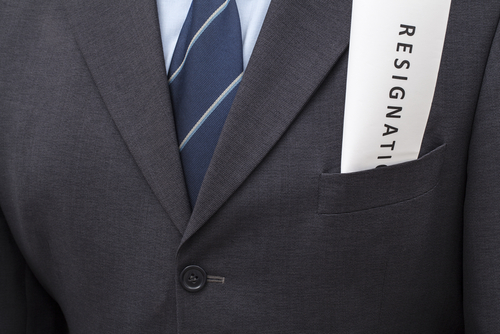Congress Approves Rule Protecting Privileged Documents
Congress has passed and sent to the president a new federal evidence rule that protects privileged materials inadvertently disclosed during discovery.
Federal Rule of Evidence 502 says attorney-client and work-product privilege is not waived when a protected document is inadvertently disclosed, as long as the privilege holder took reasonable steps to prevent disclosure and acts reasonably to recover the document when the error is discovered, the National Law Journal reports.
ABA President H. Thomas Wells Jr. praised the rule in a press release that says it will help control spiraling discovery costs in complex litigation.
“Existing law on the effects of inadvertent disclosure of privileged materials during discovery has been inconsistent and uncertain,” he said. “This has forced lawyers assisting clients in complex litigation matters to devote enormous amounts of time and money to screen each document for possible privilege before producing it to the other side. … The new federal rule of evidence will substantially reduce the potential for harm to clients on both sides.”
The Judicial Conference of the United States submitted the new rule to Congress last year. It also provides that:
• When a privilege is waived with the production of a document, the waiver does not automatically extend to other related documents.
• Federal court orders protecting against waiver are also enforceable in state courts.
• Confidentiality agreements between parties that are incorporated into court orders will be enforceable against nonparties.
Write a letter to the editor, share a story tip or update, or report an error.


